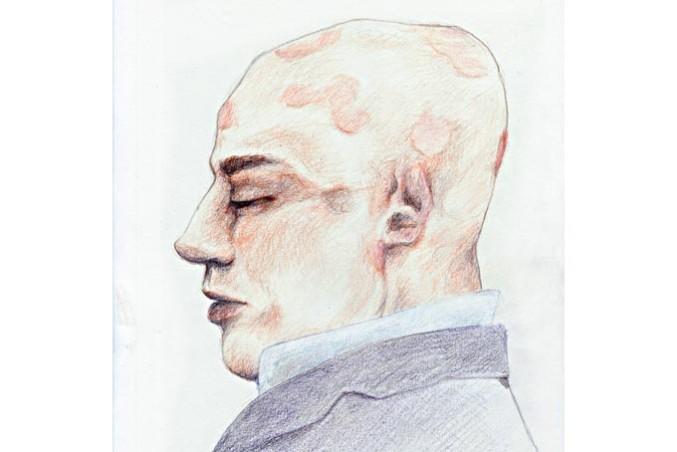By Ramisha Farooq
Defence lawyers presented psychiatric evidence claiming that alleged murderer Farshad Badakhshan is not criminally responsible for the death of Ryerson student Carina Petrache due to a psychological disorder.
Lisa Ramshaw said that Badakhshan was not criminally responsible at the time off Petrache’s murder in 2010 in a March 18 testimony.
Ramshaw described Badakhshan’s alleged condition as persecutory delusion, a condition that makes the affected individual believe that they are being conspired against by their peers.
According to Ramshaw, this condition also creates thoughts that the individual is being cheated on by their spouse or lover.
“They present themselves as being very normal except when dealing with their peers,” Ramshaw said. “They don’t want to be perceived as having a mental illness or disorder.”
Ramshaw also revealed that Badakhshan had been going through treatment for a mental illness since 2006 and that there had been regular communication between psychiatrists and Badakshan leading up to Petrache’s death.
Ramshaw said that in her meeting with him, he experienced ongoing suicidal thoughts.
He believed most people that he had contact with – his mother and his girlfriend – were involved in the conspiracy.
Hospital records distributed to the jury also revealed Badakhshan received anti-psychotic medication while in hospital.
Ramshaw said that side effects of the medication included some sexual dysfunction.
“They may become worried that their partner may want to sleep with someone else,” Ramshaw said. She also said that he was likely self-medicating.
After her initial assessments, Ramshaw said that this was not the first time that Badakhshan had allegedly been violent towards his peers. According to Ramshaw, Badakhshan had allegedly threatened previous girlfriends, his mother and roommates with knives.
“In my psychiatric opinion, his psychosis at the time made him unable to know his wrongfulness,” Ramshaw said.
In her two initial meetings with Badakhshan in October and November of 2011, Ramshaw used four different criteria to give her diagnosis. He fit all of them.
She first noticed in her assessment that Badakshan had been having delusions that lasted for at least a month or longer. He did not fit the description of someone who suffered from schizophrenia, the second criteria. He also had regular trouble with relationships and no apparent mood disorder.
“They may be able to act naturally in one way but not another,” Ramshaw said.
In her testimony, she said that in most cases the individual may not know they’re experiencing a mental disorder.
“They believe that people are out to get them,” Ramshaw said. “A fundamental feature of psychosis is being unable to recognize [what is wrong].”
According to Ramshaw, the subject starts thinking things like, “my doctor believes I have a mental disorder but, I don’t.”
There is no cure to major mental disorders, like delusion, but treatments are available, Ramshaw said.
“It is my opinion that [Badakshan] sufferes from a delusional disorder,” Ramshaw said.
Despite taking medication, Ramshaw said that it can lose effectiveness over time especially since individuals with psychotic disorders tend to stop taking it regularly.
“Patients can be psychotic and be on medication,” Ramshaw said.
Defence lawyer Paul Burstein also presented an email sent from Petrache to a friend that highlighted ups and downs of her relationship with Badakhshan.
In the emails, Petrache complained about Badakhshan’s violent and jealous behvaiour. She said that he was always enraged when she went out with friends.
The trial continues.










Leave a Reply